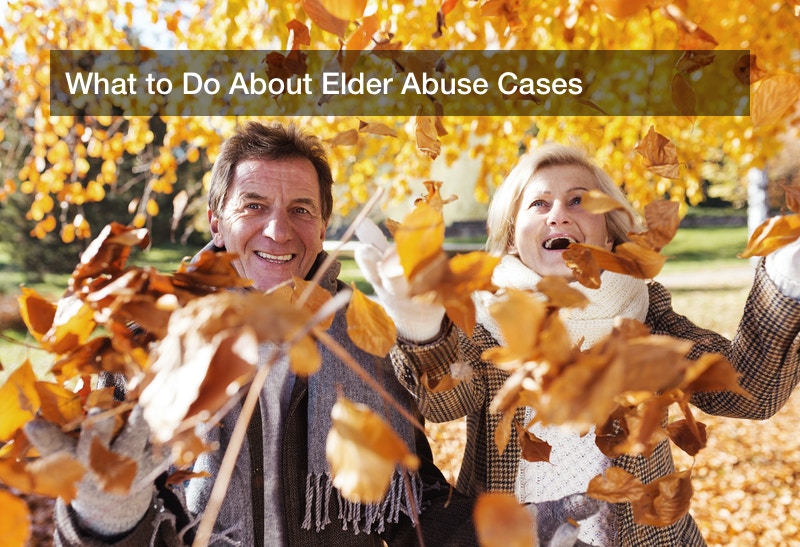
It is an unfortunate fact that people do not always treat each other well, and abuse can take many forms, from verbal and emotional abuse to violent or even sexual abuse toward family members, co-workers, or anyone else. A particular field of abuse is elder abuse, when a senior citizen is badly mistreated in some capacity. Causes of elder abuse are well documented, and when such abuse takes place, it may be time to hire elder abuse lawyers and pursue litigation against any at-fault party. One may now wonder: what are these typical causes of elder abuse, and how can such abuse be spotted or prevented? And in some cases, these causes of elder abuse might actually result in the victim’s death. Should that happen, wrongful death lawyers can be of assistance to the victim’s family.
Statistics and Causes of Elder Abuse
Statistics show how often senior citizens abused, and what forms this abuse might take. What do the numbers show? It is believed that 10% of all Americans aged 60 and over have experienced elder abuse, and one study says that around one in 14 cases of abuse is reported to the authorities at all. Meanwhile, some estimates calculate that as many as five million elders are abused or neglected each and every year, and this may prove fatal in some cases. After all, senior citizens have frail health compared to younger adults, and they sometimes have very demanding medical needs. Abuse can likely kill, and statistics show that an abused senior citizen faces a 300% higher chance of death, compared to their peers who do not suffer such mistreatment. This is an expensive problem, too; estimates of elder financial abuse and fraud say that this costs $2.9 billion to $36.5 billion each year.
Now, what forms might this abuse take? Causes of elder abuse include under-staffing at nursing homes; that is, the seniors there suffer from what is notdone them. Even if no malice or cruelty is present, this can constitute elder abuse, as an understaffed nursing home cannot keep up with the needs of all the seniors living there. A patient may suffer from falls, missing their medication or checkups, muscle atrophy, bedsores, and other problems that are otherwise preventable. In some cases, the existing staff are overtaxed to pick up the slack, causing them to rush through their duties and perform a sloppy job, thus providing inadequate care. These overworked employees may or may not realize the harm that they are doing, and they might even take out their frustration on the seniors. Caregivers might give poor care for other reasons too, such as suffering depression or bipolar disorder, or abusing drugs (and even stealing the patient’s medication).
Elder abuse may be not only based on poor medical care or physical abuse, but also financial or verbal. Caregivers might openly state their resentment of their patients or scorn them, or otherwise complain about the current state of affairs. Financial elder abuse is often prompted by how much money a typical senior has saved up, and the fact that the senior’s life is almost over. In short, a senior may be seen as a living piggy bank, waiting to be broken open. It’s not unthinkable that an abuser may intentionally cause the patient’s early death to get their hands on that senior’s money or property.
Elders and the Law
Fortunately, many laws exist to help a senior and their family fight back against any sort of abuse. All American states have laws that help protect the elderly, and often, a senior citizen’s legal defense may be based on more conventional laws for personal abuse, regardless of the victim’s age. In a manner of speaking, abuse is abuse, whether the victim is in their 20s, their 40s, or their 70s. Criminal charges such as physical abuse, sexual abuse, rape, and theft can be levied against an at-fault party, though many states now have laws protecting Americans aged 65 and over, in light of many Baby Boomers entering their 60s and 70s. Adult Protective Services (APS), in particular, can protect adults with special needs. In this case, seniors who are vulnerable due to their advanced age and medical needs, and their limited mobility and lack of paying work.
